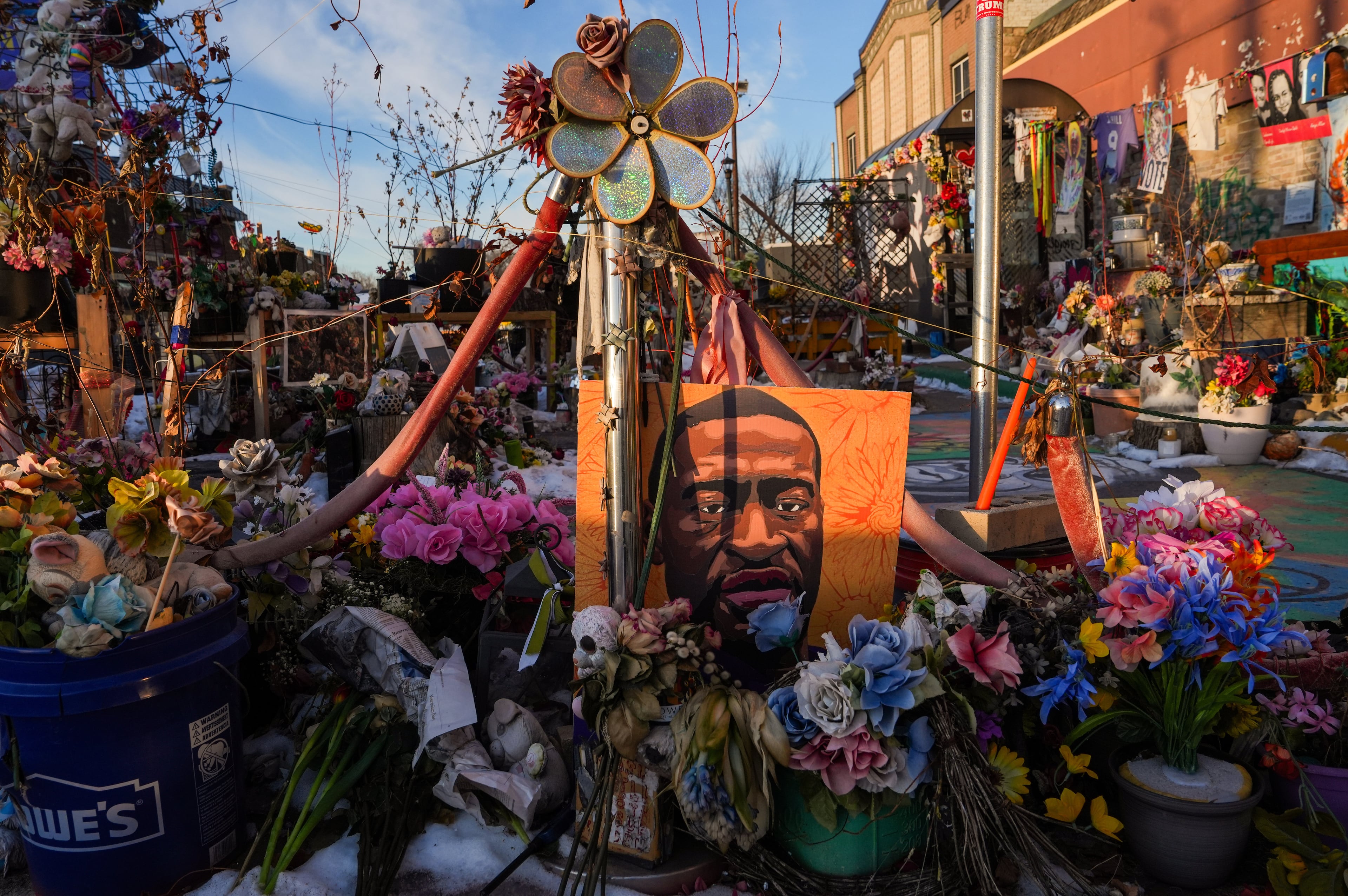The YSL trial’s long, wasteful lesson in prosecutorial overreach

Two and a half years ago, after filing a 56-count RICO indictment against 28 defendants, Fulton County District Attorney Fani Willis held a news conference. There she claimed, “It does not matter what your notoriety is, what your fame is. If you come to Fulton County, Georgia, and you commit crimes … you are going to become a target and a focus of this district attorney’s office.” The target of the press gathering and assertions about fame: Grammy-winner Jeffery Williams, a celebrated rapper who performs as Young Thug and who founded a music label uplifting artists from the South Fulton neighborhood where he was raised.
Willis’ publicity tour didn’t end there. At another news conference, she pronounced “I’m a fan of RICO” and proudly defended the widely-criticized use of creative expression as evidence, which is opposed by leaders such as Stacey Abrams and the Atlanta City Council. In a glowing national profile, Willis said her office brought “more RICO indictments in the last 18 months, 20 months, than were probably done in the last 10 years.”


But as the YSL case transformed into the longest trial in Georgia history, even casual observers knew something was off. Now, following the acquittal of the remaining two codefendants in the primary case, the trial has ended in humiliation. Given the case’s apparent weakness, it’s fair to argue fame and notoriety were among the most important elements in getting charged.
With so much effort by the DA’s office to celebrate the expansive use of RICO and creative expression against artists, we should reflect on the financial and human costs now that it’s over. Though the Nathan Wade fiasco generated the most negative attention around Willis’ spending, Willis also invested untold millions into this failed YSL case at a time of budget tightening, civil rights lawsuits against her office and staggering case backlogs in the Fulton County courts.
Then there’s the 16 jurors who had their lives and careers put on hold for more than a year. There are also the defendants who sat without bond in a facility whose conditions were described as “abhorrent” and “unconstitutional” by the U.S. Department of Justice last month. In fact, both remaining defendants were stabbed during the trial, with the latest incident occurring two days before the not guilty verdict. Finally, innocent Black children needlessly experienced fatherless homes for years, only to see their fathers return home on time-served plea deals and not guilty verdicts. Willis might be embarrassed, but Georgians should be outraged.
The goal for prosecutors shouldn’t be about winning. It should be about getting it right. One of us served earlier in our career as a prosecutor in Los Angeles, where officers swore they found drugs and a gun under a man’s couch. The photos, however, told a different story. The officers stuck to their claims until confronted with the evidence. When this obvious contradiction was flagged to superiors, the instruction was to pursue a plea deal so our office would not upset the Sheriff’s Department. Sometimes the system doesn’t care about the truth — it just wants convictions.
The YSL case should serve as a reminder: Justice is about seeking the truth. Sometimes, hearing “not guilty” is exactly what we need to realize the system must do better.
Unfortunately, it’s unclear if the Fulton District Attorney’s office has learned its lesson. Remarkably, even after acquittal and time-served plea deals for other defendants, the state is poised to try the remaining five defendants who were severed from the main case beginning in February. In these situations, it’s imperative for legislators to restrain prosecutorial overreach to protect innocent Georgians and taxpayers.
Naturally, some worthy ideas are a tougher sell than others. For example, there might be resistance to adjusting Georgia’s RICO statute to prevent continued prosecutorial overreach. However, there are other proposals that are common sense, and in a time of sharp division, genuinely bipartisan.
One such bill instituting an elevated test when prosecutors attempt to treat artistic expression like literal confession earned bipartisan sponsorship in Georgia last year. Given the fierce criticism Willis faces from Republicans, one might assume this legislation was an “anti-Willis” bill. In reality, this proposed state law is identical to federal legislation introduced by Rep. Hank Johnson and cosponsored by Rep. Nikema Williams, both Georgia Democrats.
In the interests of free speech, protecting Georgia’s taxpayers and creative economy, and curtailing the excesses of rogue DAs, Republican leaders in the state Senate and House of Representatives should strongly consider adopting this law in the upcoming session. Granted, it would not erase this very expensive lesson for taxpayers, jurors and the acquitted defendants, but at least some good will have come from this long, painful ordeal.
Adewale Oduye was a prosecutor with the Los Angeles District Attorney’s Office for 12 years. Willie “Prophet” Stiggers is chief executive officer and president of the Black Music Action Coalition.


